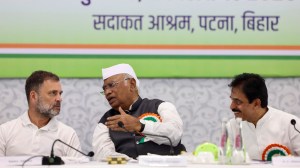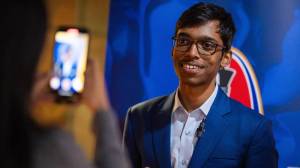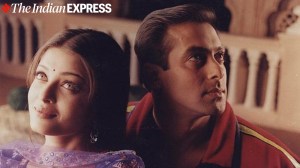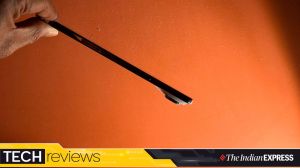Korea takes Hollywood
In the late 1990s,a Korean wave washed over Asia. From TV soap operas and movies to pop music,the region couldnt get enough of Korean culture and its good-looking stars.
In the late 1990s,a Korean wave washed over Asia. From TV soap operas and movies to pop music,the region couldnt get enough of Korean culture and its good-looking stars. But the wave never quite reached the American entertainment industry. At most,Hollywood embraced the remake of Korean films,including The Lake House and,more recently,The Uninvited.
Lately,however,ethnic Korean actors have started to gain traction in America. Kim Yunjin and Daniel Dae Kim broke through with TV show Lost in 2004,followed by Sandra Oh in Greys Anatomy and James Kyson Lee in Heroes. This year,Korean-American heartthrob Daniel Henney appeared in X-Men Origins: Wolverine as the villainous Agent Zero,and now stars on the TV medical drama Three Rivers. Lee Byung-hun played Storm Shadow in G.I. Joe: The Rise of Cobra. And John Cho,who played Hikaru Sulu in Star Trek,is currently starring as an FBI agent in the TV drama FlashForward.
Next up: Jeong Ji Hoon,a.k.a. Rain,a pop superstar in much of Asia,stars in the latest big-budget martial-arts thriller,Ninja Assassin,as the title character.
The casting of Korean stars reflects the new business realities: Jeong and his peers have a huge following in Asia,one of the few regions where movie audiences are growing. Korea,in particular,has become a key foreign market for Hollywood films,sometimes surpassing UK.
Hollywood producers are also courting Korean directors who have a proven track record delivering hits for Asian audiences. But Korean directors are reluctant to make the leap for fear that they might end up losing their creative freedom.
Korean actors face cultural challenges,too. For actors from Asia to make it big in Hollywood,they have to commit to mastering English and networking with executives. In Asia,for the most part,there is no auditioning process, says Grace Chen,the former managing director of William Morris Asia,now an independent consultant in Hong Kong. So for big Asian stars to go to Hollywood and have to audition,it can be quite a foreign process.
And Asian actors in the US are still often typecast as martial-arts experts. Stereotype does still exist when casting films, says Rain. Asians have our own broad and unique culture; its just that more people have been interested in the martial-arts side than others.
But things are definitely changing. While it may be a while before Korean actors are cast as romantic leads in Hollywood,references to Korean culture are seeping into American films and TV. In the past,youd see a lot of Japanese references,Caucasian characters eating sushi or speaking a few Japanese words. But recently I noticed (they) are being replaced by Korean ones, says Shinho Lee,a Korean scriptwriter.
Photos


- 01
- 02
- 03
- 04
- 05





























